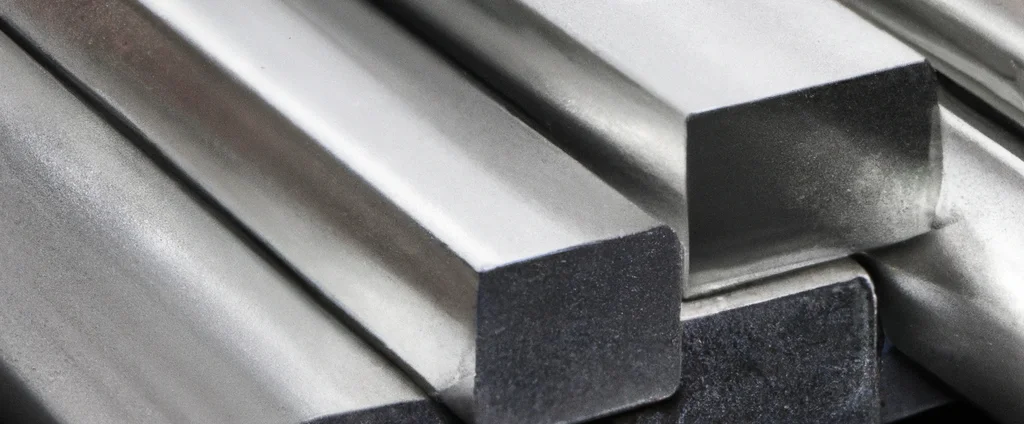Aluminum Alloy 2014 (UNS A92014)

Aluminum 2014 is a high-strength, copper-rich aluminum alloy that is widely used in aerospace and automotive industries for its machinability and strength-to-weight ratio.
| Chemical Composition | ||
|---|---|---|
| Element | Min | Max |
| Aluminum | 90.5% | 95.0% |
| Chromium | —— | 0.1% |
| Copper | 3.9% | 5.0% |
| Iron | —— | 0.7% |
| Magnesium | 0.2% | 0.8% |
| Manganese | 0.4% | 1.2% |
| Silicon | 0.5% | 1.2% |
| Titanium | —— | 0.15% |
| Zinc | —— | 0.25% |
| Residuals | —— | 0.15% |
The following table provides a list of aluminum 2014 properties in both SI and US customary/Imperial units.
Click on the button to switch between Metric and Imperial units.
| Physical Properties | Metric |
|---|---|
| Density | 2800 kg/m3 |
| Mechanical Properties | Metric |
| Tensile Strength | 190 - 480 MPa |
| Yield Strength | 160 - 380 MPa |
| Young’s Modulus (E) | 70 - 80 GPa |
| Shear Modulus (G) | 28 GPa |
| Elongation at Break | 12 - 20% |
| Poisson’s Ratio (ν) | 0.33 |
| Brinell Hardness | 110 - 140 HB |
| Thermal Properties | Metric |
| Melting Point | 535 - 640 °C |
| Thermal Conductivity | 130 - 190 W/m·K |
| Specific Heat Capacity (Cp) | 890 J/kg·K |
| Coefficient of Thermal Expansion (αL) | 2.3×10-5 1/°C |
| Electrical Properties | Metric |
| Electrical Conductivity | 1.97×107 S/m |
| Electrical Resistivity | 4.32×10-8 Ω·m |
The values in this table are approximate and can vary depending on various factors such as the specific manufacturing process and heat treatment applied to the alloy.
Advantages & Disadvantages of Aluminum 2014
| Advantages | Disadvantages |
|---|---|
| High strength | Low fatigue strength |
| Good machinability | Limited high-temperature performance |
| Corrosion resistance | High cost |
| Lightweight | |
| Weldability |
Applications of Aluminum 2014
Aluminum 2014 is a high-strength alloy specifically engineered for critical applications requiring exceptional strength-to-weight ratio and corrosion resistance, including:
- Aerospace and aircraft components: Commonly used to manufacture structural components for aircraft and spacecraft, such as wing structures, fuselage frames, and landing gear components.
- Automotive parts: Used to manufacture wheels, brake calipers, and suspension components due to its strength, toughness, and corrosion resistance.
- Sporting goods: Ideal for bicycle frames, golf clubs, and baseball bats due to its strength, lightweight, and durability.
- Marine components: Frequently used for boat hulls, masts, and rigging due to its high strength and corrosion resistance.
- Electrical and electronic components: Well-suited for heat sinks, connectors, and housings due to its good thermal conductivity and easy machinability.
- Defense and military applications: Used in armored vehicles, missile components, and munitions because of its high strength-to-weight ratio and corrosion resistance.
- Industrial applications: Commonly found in equipment frames, machine components, and pressure vessels due to its high strength and corrosion resistance.
